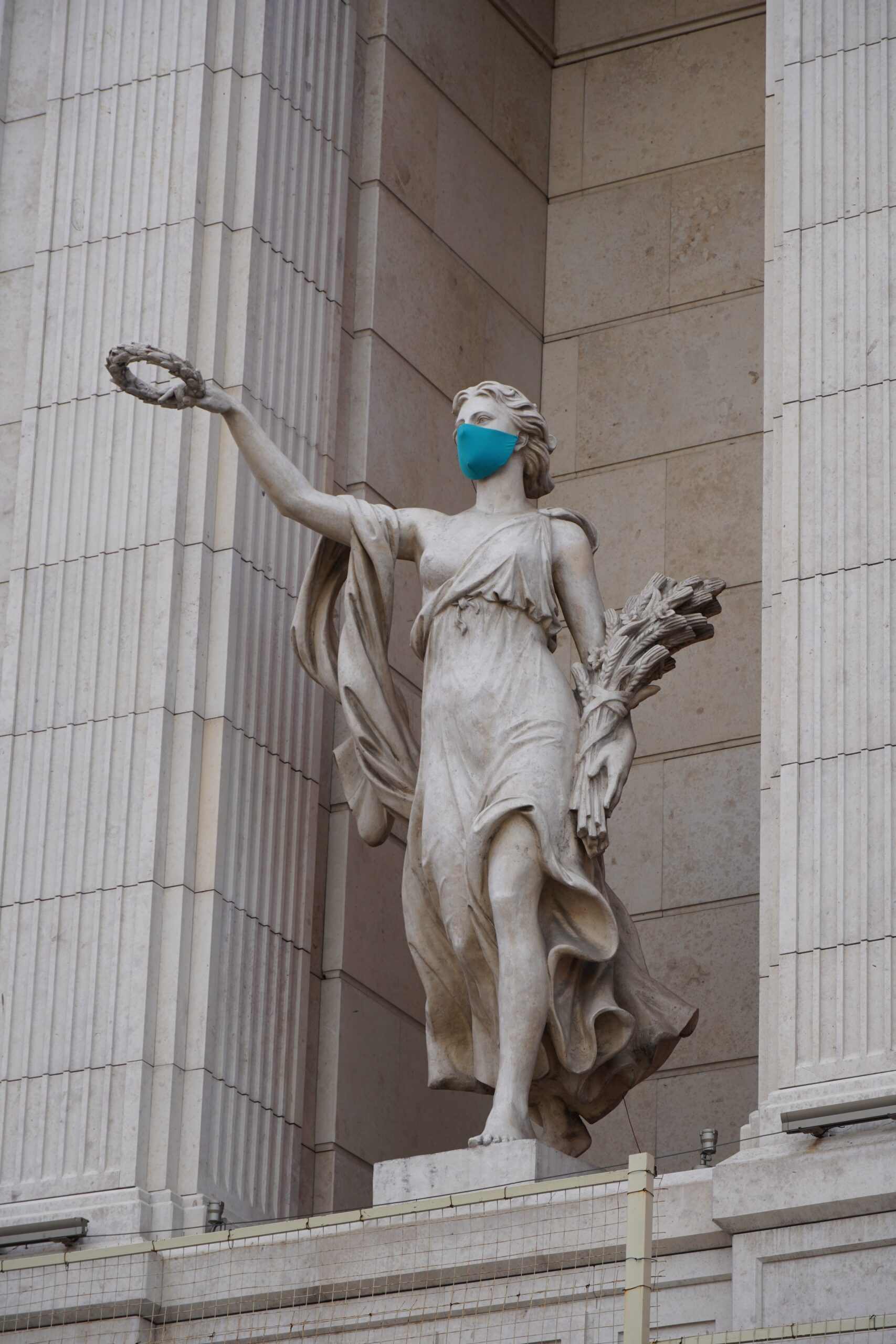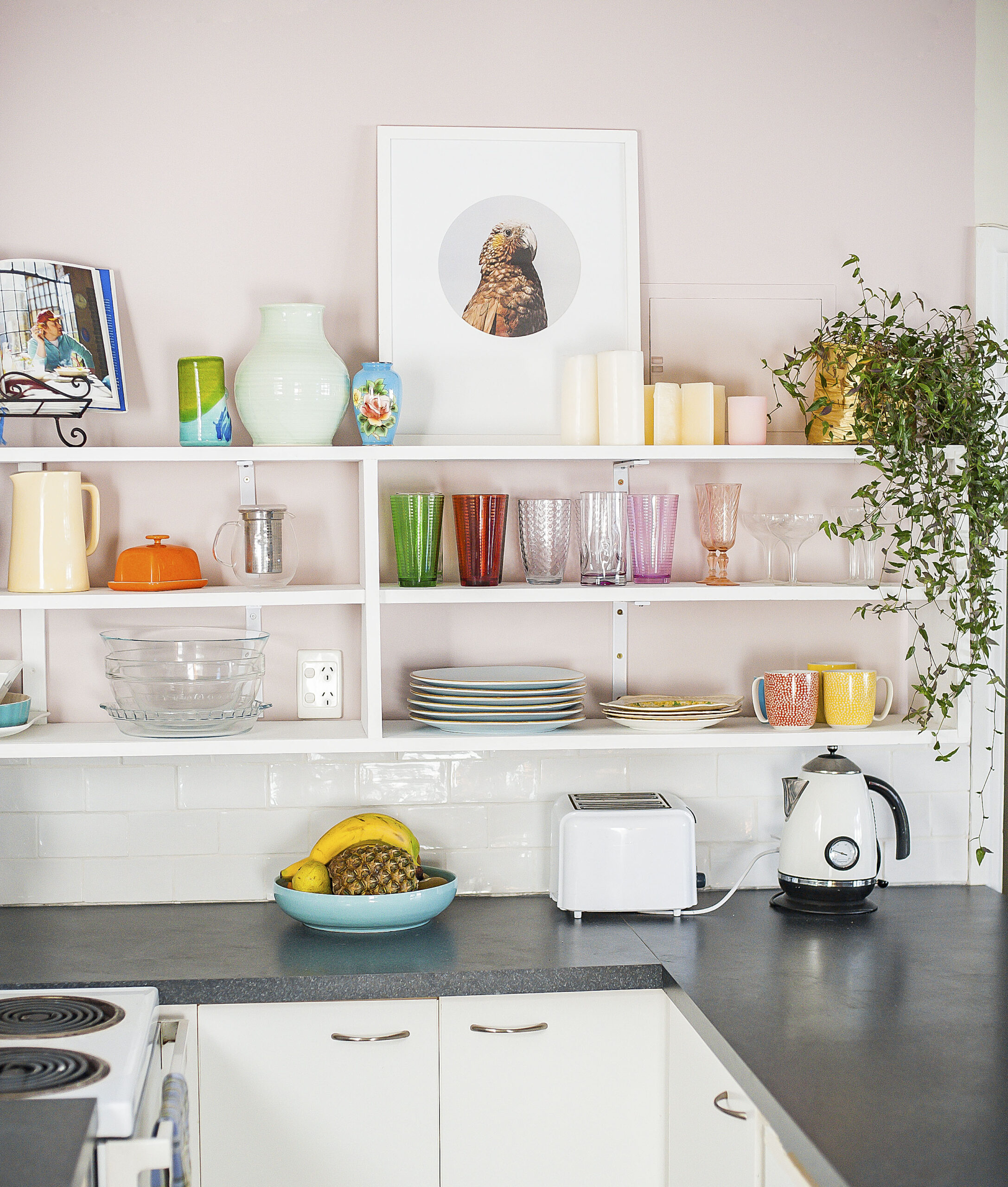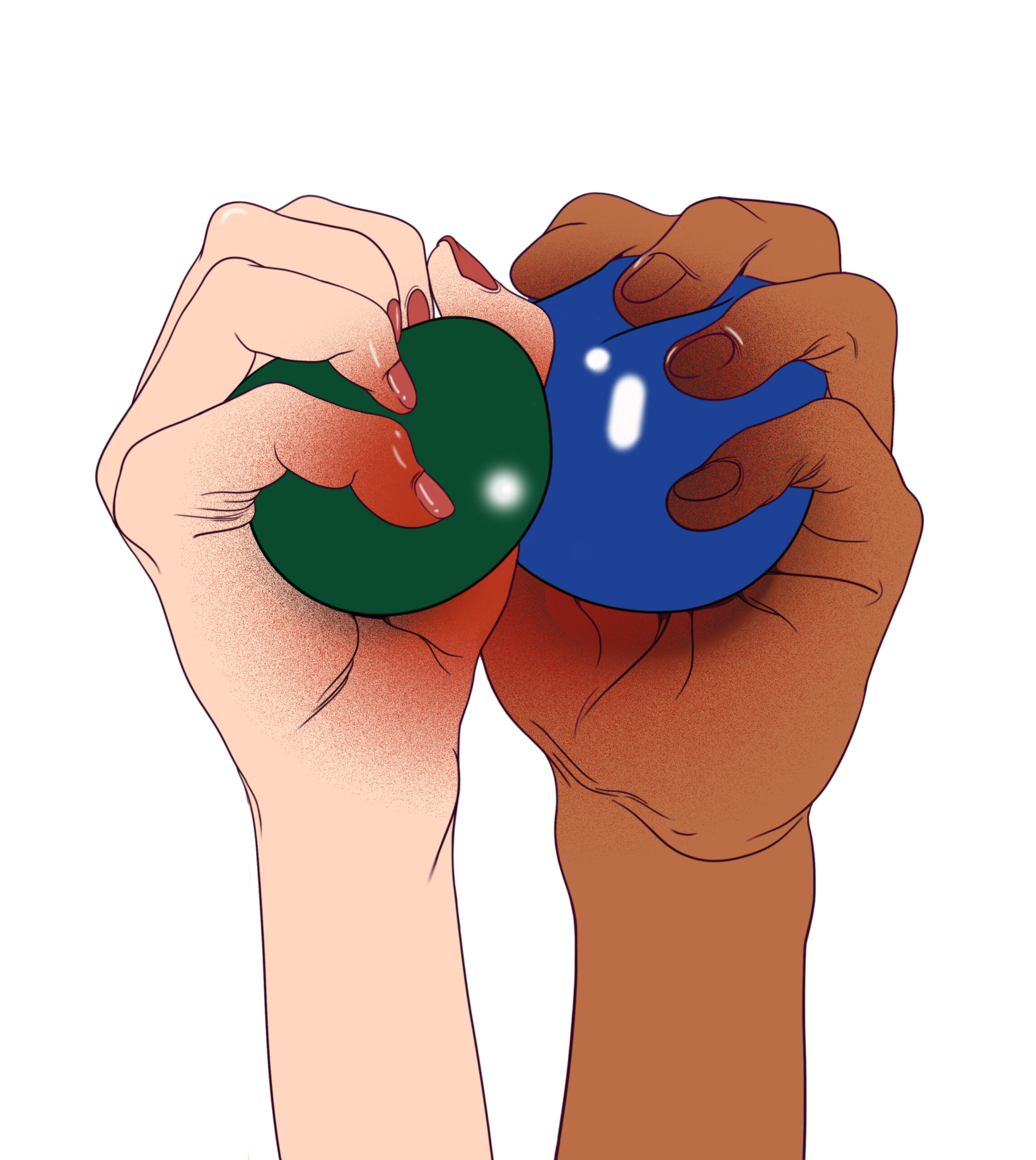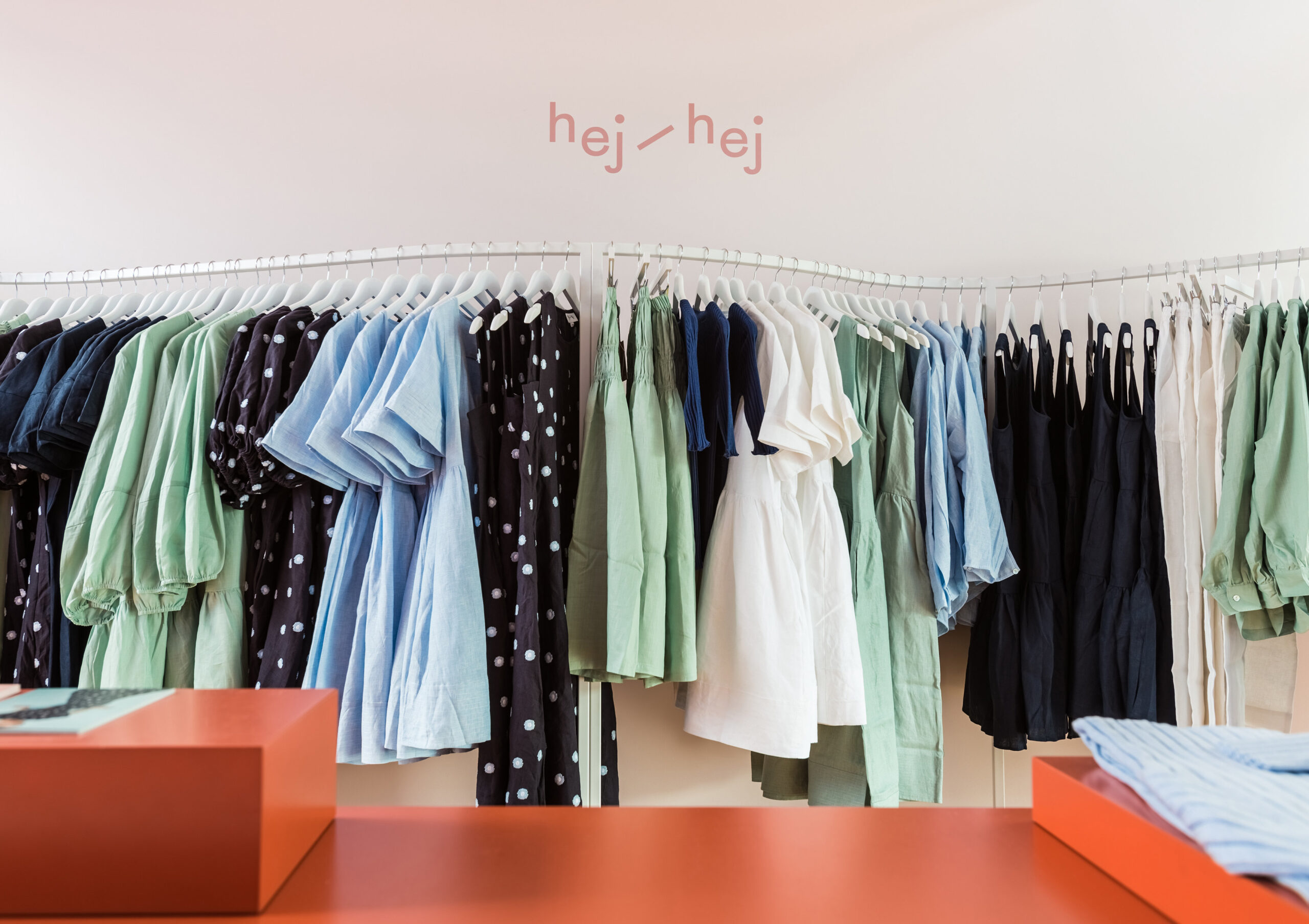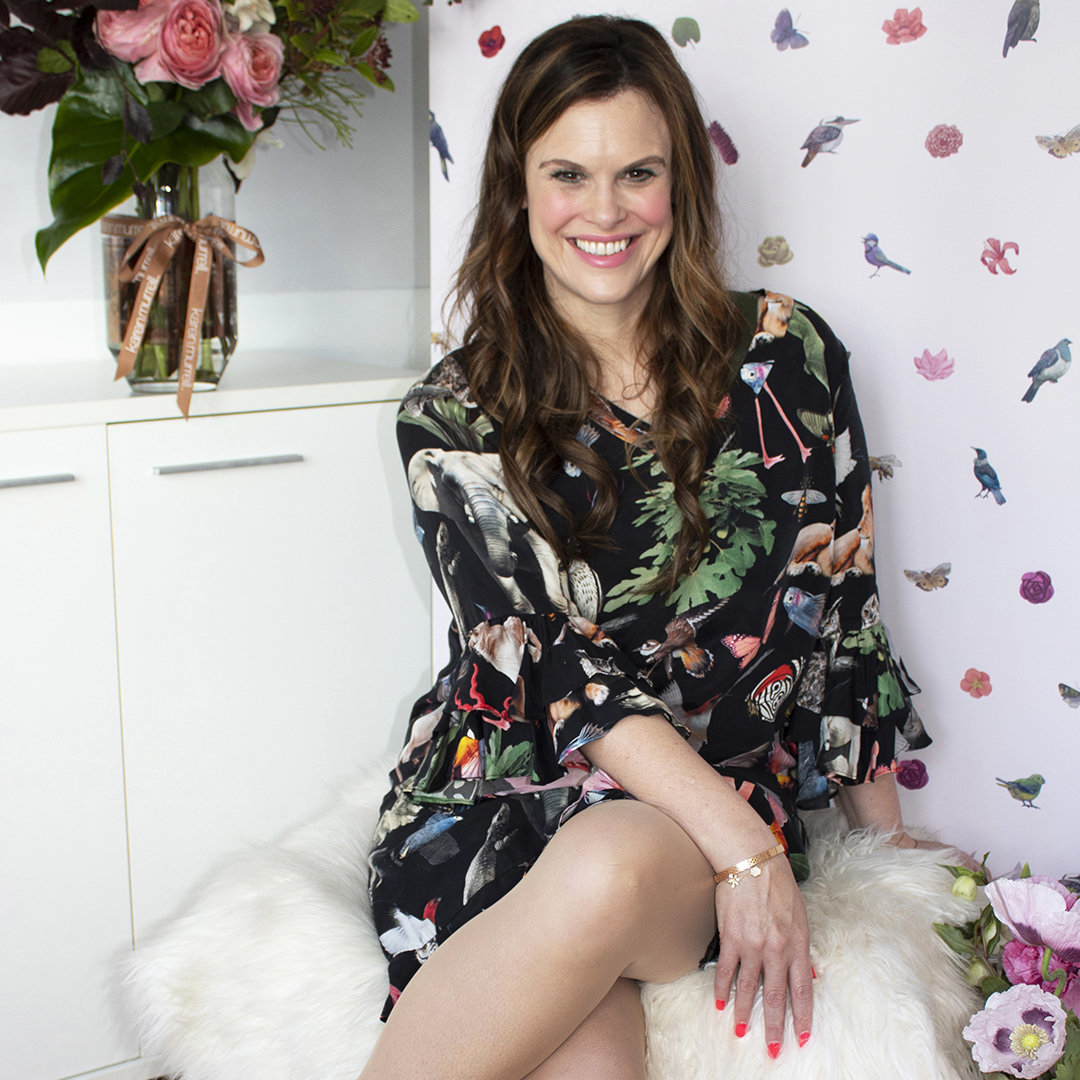While Kiwis grapple with all sorts of uncertainty through alert level changes and restrictions, one thing remains clear – mask wearing isn’t going anywhere anytime soon.
Covering up under a mask, whether it’s all day or to pop into the supermarket, not only has an effect on the physical condition of skin, a term coined ‘maskne’, it can also take a toll on inner skin confidence.
According to psychologist Sara Chatwin, the pandemic and lockdowns have exacerbated stress, anxiety and worry; all of which can lead to skin issues such as eczema, psoriasis and acne.
In addition to this, mask wearing can have implications for self-confidence for some.
“The ongoing pandemic and lockdowns have exacerbated anxiety and worry, with some people feeling invisible’ and feel like they have lost a sense of self with long-term mask use,” says Chatwin.
For people who having been living with existing skin conditions and have been spending time and money to improve their skin can feel a sense of anxiety that masks will slow down their process, or set them back.
Katherine Williams, Caci regional trainer speaks from personal experience, “that surge of panic you feel when those little red bumps pop up – it’s real! People who suffer or have suffered from acne can have a form of PTSD when it comes to breakouts.”
The internal battle many may face with the need to wear a mask and the deep anxiety about what it does to our skin can take a toll.
Finding a mask that is comfortable (and have a supply so you can wash them regularly!) is important, so your skin can stay cleansed daily from the bacteria and build-up that can happen under a mask.
It is also recommended to exfoliate your skin a few times a week for an extra deep clean.

Chatwin explains that it is normal for people to feel a sense of ‘loss’ when our faces are hidden behind masks.
“Our visual self is the one the world sees and is our ‘front of house’! What we look like: good bad or indifferent defines us to a certain extent,” she says. “Some might be glad to have some anonymity but often people like to show themselves off and put time and energy into their visual self…simply for themselves.”
Adjusting to mask wearing can be tough.
We rely on our facial expressions to communicate with others, for example, smiling at strangers on the street or giving a smile to cashiers or other workers to show our thanks and appreciation to them.
As we lose some of our ability to express ourselves while mask wearing, our eyes and physical gestures becomes much more powerful when our faces are covered.
Equally our voices can become more powerful and meaningful when we lose some of our ability to express due to mask wearing.
The best way to adjust to mask wearing according to Caci’s clinical director Brandy Wehinger is by staying positive.
“Like anything new there is an adjustment period. This means trying out different masks, skin regimes and physical gestures to find out what works for you.”
How can we rebuild our confidence in ourselves while wearing masks?
- Find things that give you joy. Connect with a supportive and positive friend or colleague.
- Set a small goal each day…it may be going for a walk, meeting a deadline, tidying an old box of papers. A sense of achieving something however small, can give us confidence to move forward and achieve larger goals.
- Less makeup is best, but it’s important to still feel like yourself, so accentuate your eyes and brows and keep the skin fresh, with light, mineral makeup where possible.
Wehinger shared her tips on treating skin ailments from mask-wearing:
- Hydration, hydration and more hydration, the rubbing, the breathing, along with different fabric is drying out the skin. A strong hydrated barrier will help protect your skin long-term.
- Cleansing is important, and regular exfoliation to ensure your skin is healthy and better equipped to manage the changing environment.
- If you can’t make it to any skin treatments due to COVID restrictions, the most important thing is to maintain a skincare regime from home.
